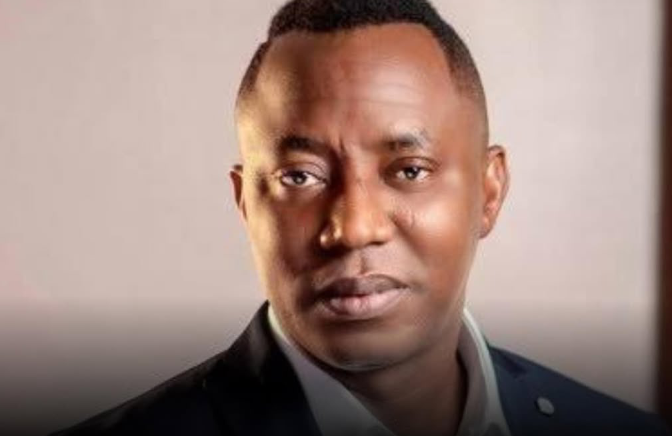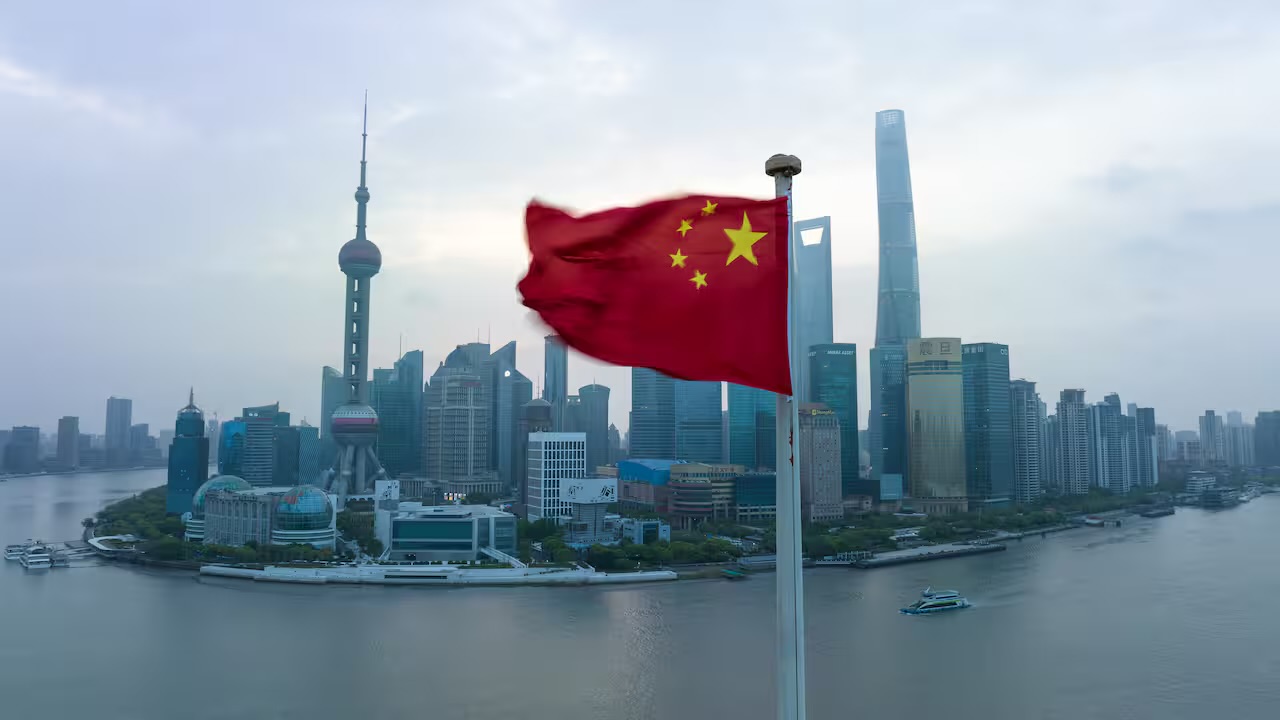
“We Refuse to Bow!” — Sowore Receives Treatment After Police Attack at Kuje Court, Lawyer Condemns ‘Anarchy in Uniform’

Human rights activist and former presidential candidate, Omoyele Sowore, is said to be recovering after sustaining injuries in what his lawyer described as a brutal and unlawful police attack at the Kuje court premises on Friday. According to reports from his legal counsel, Tope Temokun, Sowore was treated at the Kuje Custodial Centre clinic and administered anti-tetanus medication following the assault that sparked widespread outrage over the conduct of Nigerian security forces.
Temokun, who confirmed the update in a statement on Saturday, expressed deep concern over what he called the continuous abuse of power and disregard for judicial authority by law enforcement agents. “I returned from Kuje prison just now, and Omoyele Sowore was fine after being treated yesterday at the clinic there,” the lawyer said. “But this incident raises grave questions about whether court orders still have any meaning to the police in Nigeria.”
He described the incident as not merely an assault on Sowore but a direct attack on the foundation of justice and the rule of law in the country. “The matter is not just about Sowore but about the potency of our law,” Temokun stated, adding that if court premises are no longer safe spaces, then the entire justice system is under siege.
According to his account, Sowore had already been granted bail by the court and was in the process of meeting his bail conditions when armed policemen who had reportedly laid siege to the court premises stormed in and re-arrested him in what eyewitnesses described as a chaotic and violent scene. The lawyer questioned the rationale behind such an act, asking pointedly, “Are people safe again in this country, even around the court?”
Eyewitnesses claimed the officers used force to subdue Sowore before whisking him away, while onlookers and journalists who attempted to intervene were pushed back. The atmosphere at the court was tense, with several people reportedly injured during the commotion. Legal observers have since described the police’s actions as “a blatant disregard for judicial integrity” and “a dangerous precedent in a democracy.”
Temokun criticised the police authorities for what he termed their “habitual arrogance” and the tendency to justify unconstitutional acts with vague statements. “The police cannot continue to act as though they are above the law,” he said. “What happened at Kuje was anarchy in uniform — an embarrassing scene that once again shows the widening gap between law enforcement and lawful conduct.”
He also recounted that Sowore was first arrested on Thursday at the Federal High Court in Abuja but was taken to Kuje the next day after public backlash over his continued detention. Reports indicate that the Kuje prison authorities initially rejected Sowore because the police failed to present proper documentation, a move that further exposed procedural irregularities in his handling. It was only after frantic efforts by the police to justify their actions that he was eventually admitted to the custodial centre for medical attention.
Temokun emphasized that once a court grants bail, the police no longer hold the legal authority to detain the individual arbitrarily. “From that moment, custodial power shifts fully to the court and the Correctional Service,” he said firmly. “The police have no right to interfere or to decide otherwise. Their duty ends with the investigation and presentation of the accused before a competent court.”
He called on the police to educate themselves on the constitutional limits of their powers and to familiarize themselves with Chapter IV of the 1999 Constitution (as amended), the Administration of Criminal Justice Act (ACJA), and the Nigerian Correctional Service Act of 2019. According to him, these laws clearly outline the boundaries of authority between investigative agencies, the judiciary, and correctional institutions.
“The consistent disobedience to court orders and the harassment of citizens under the guise of maintaining order are dangerous trends that must be stopped,” he warned. “If the police can lay siege to a court and assault a citizen who has been granted bail, then no Nigerian is safe. We are sliding into a system where power is exercised without responsibility.”
Temokun concluded his statement with a defiant note, asserting that neither he nor his client would be intimidated into silence. “We refuse to bow,” he declared. “This is not just about Sowore — this is about the soul of our nation, about whether we still have a justice system that commands respect or a state where might is right.”
The attack has since drawn strong condemnation from civil society groups, human rights organizations, and political observers who see it as part of a growing pattern of repression against activists and critics of the government. Amnesty International and other advocacy bodies have called for a full investigation into the incident, demanding accountability from the officers involved and insisting on protection for Sowore’s fundamental rights.
The police, however, have yet to issue a detailed statement explaining the reasons for the re-arrest or the violent confrontation. Sources within the force have dismissed reports of an attack, claiming the officers were only enforcing existing directives. But legal experts argue that such claims are untenable since Sowore had already been granted bail by a competent court.
The development has reignited public debate on police reform, judicial independence, and the recurring pattern of disregard for human rights in Nigeria. Many citizens have taken to social media to express frustration over what they describe as the “militarization” of civic spaces and the lack of accountability among security agencies. Hashtags like #FreeSowore and #JusticeForSowore began trending online shortly after news of the attack broke, with Nigerians calling for transparency and respect for the rule of law.
This latest confrontation adds to a long list of altercations between Sowore and security agencies since his emergence as a prominent voice in Nigerian activism. The founder of Sahara Reporters and convener of the #RevolutionNow movement has been arrested multiple times in recent years, often in connection with his outspoken criticism of the government. His supporters argue that his relentless pursuit of justice and accountability has made him a target of the establishment.
For now, Sowore remains under close observation at the Kuje Custodial Centre clinic, where medical personnel have reportedly confirmed that his condition is stable. His legal team has vowed to pursue justice to the fullest extent of the law, promising to challenge every illegal action taken against him.
As public pressure mounts, all eyes are now on the Nigerian judiciary to assert its authority and reaffirm the sanctity of the rule of law. Whether the government responds with accountability or further silence may determine how much faith citizens can still place in the country’s democratic institutions.
In Temokun’s words, the issue transcends one man’s ordeal: “This is a test of our collective resolve as Nigerians. If the courts are not respected, if the police become the law, then democracy itself is under attack. But we will not bow.”


